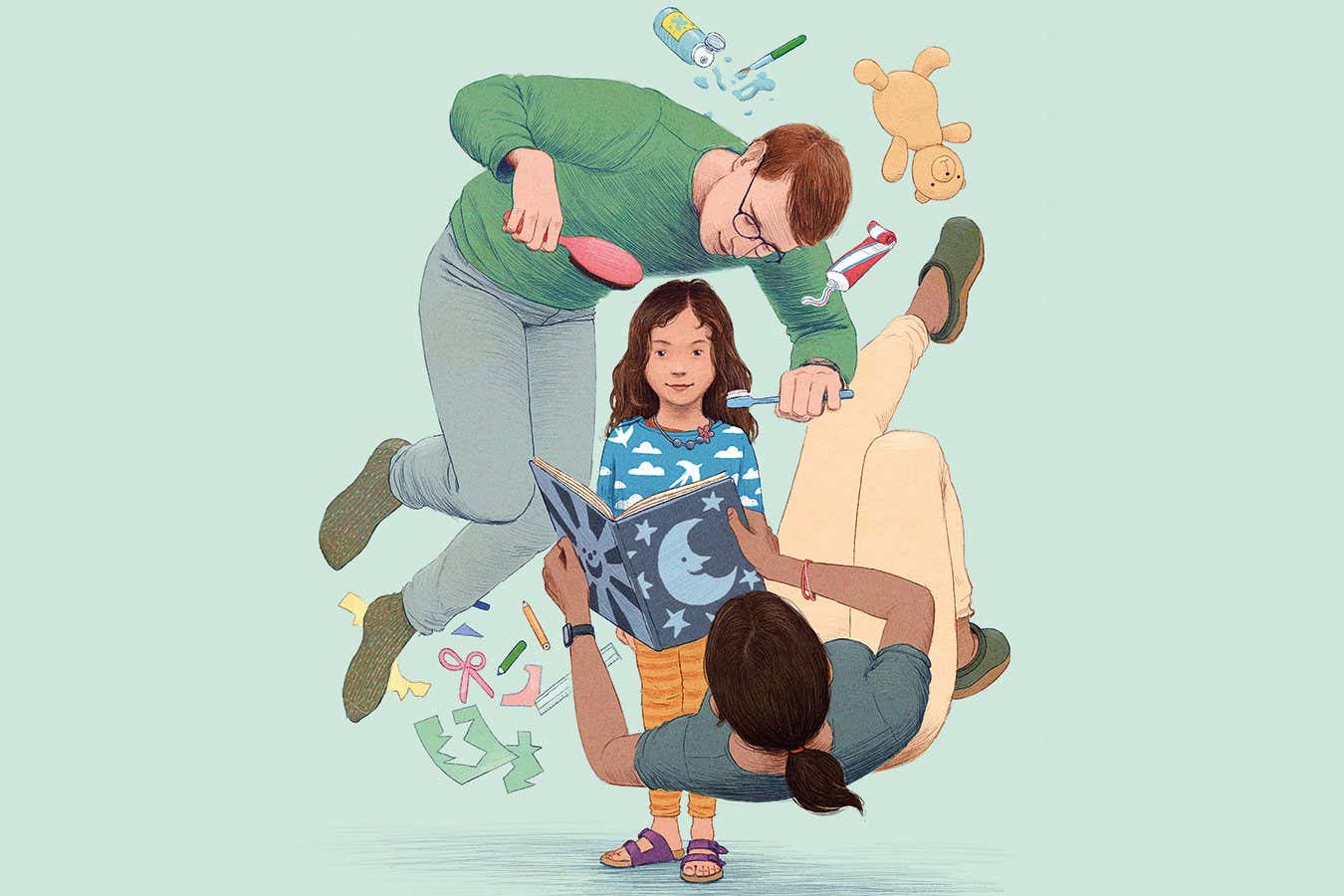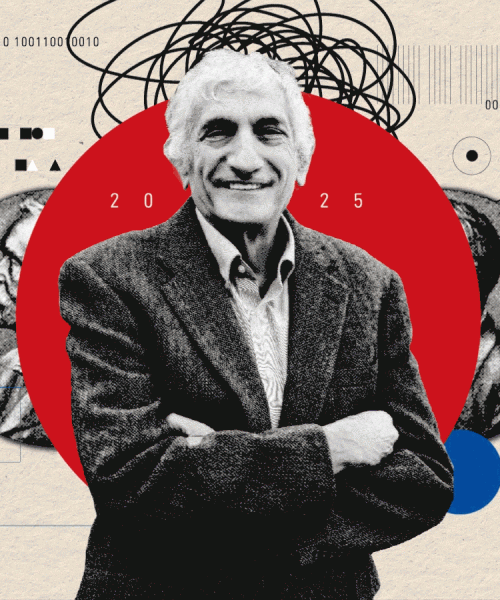
Michael Kirkham
I am an only child. Saying this sometimes feels like a confession – not least when people respond with a well-meaning “oh, you don’t seem like it!”. Now, as the mother of a preschooler, I see my daughter navigating the same assumptions. “Does she have older siblings?” one teacher asked recently. “She plays so well with the other kids!”
If it seems like I am bragging about my (or my daughter’s) behaviour, you will have to excuse me: I am, after all, an only child.
For over a century, we have been seen as odd, at best; antisocial, neurotic and narcissistic, at worst. “Being an only child is a disease in itself,” declared 19th-century child psychologist Granville Stanley Hall.
Whether there are actually any differences between the personalities and well-being of singleton children and those with siblings remains a contentious question – one given fresh impetus by the growing trend of one-and-done parenting.
Single-child families have become more common since the 1970s in high-income countries, including the US and UK, whether “by constraint or by choice”, says Éva Beaujouan, a demographer at the University of Vienna, Austria. In Europe, nearly half of all households with children have just one child.
Despite their growing popularity, one-child families continue to encounter a long-held view that this arrangement is somehow harmful. Fortunately, delving into contemporary research can offer a degree of clarity – and it hints that being an only child can come with surprising outcomes. The findings may offer some reassurance for one-and-done parents and those still debating how many…





